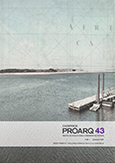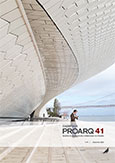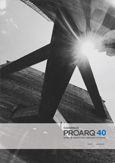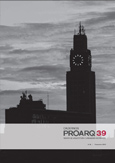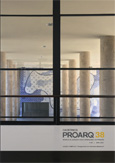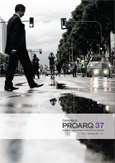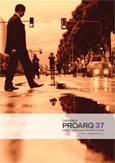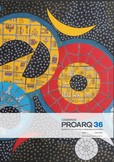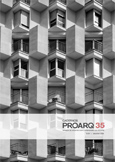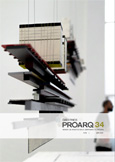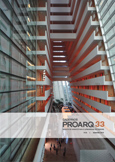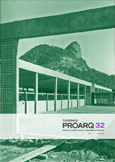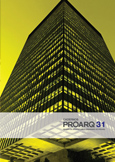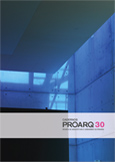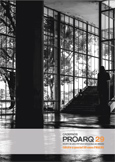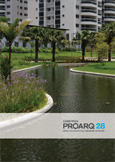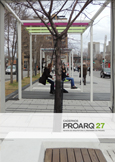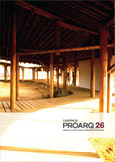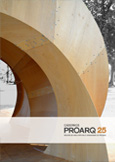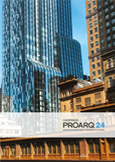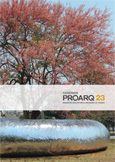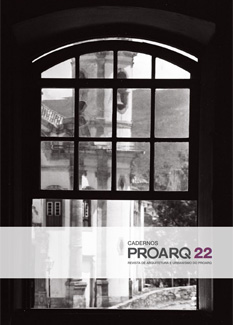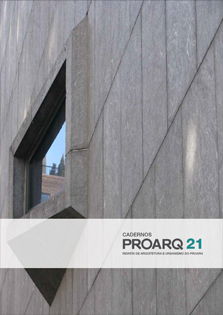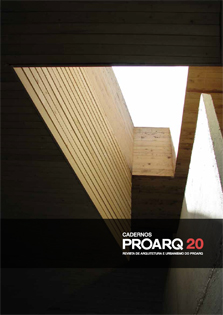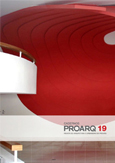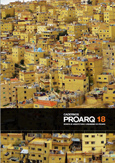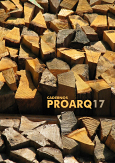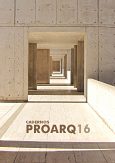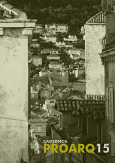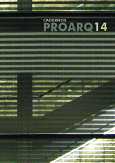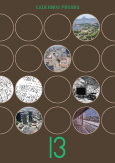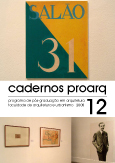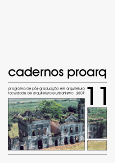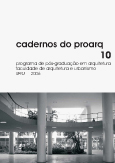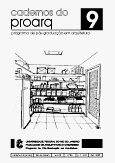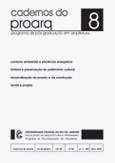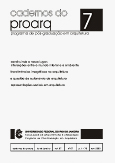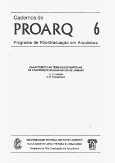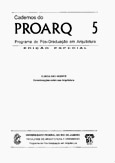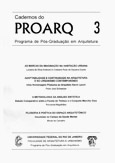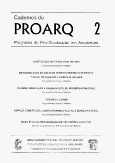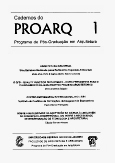Diversity of Authors and Angles
The Cadernos Proarq does not encourage endogeny. To the contrary, it encourages the diversity of institutions, diligently searching for the exposure of its calls for submission in a comprehensive way. As a result, the submissions to the Cadernos Proarq have shown an extensive range of authors that comprise all the regions in the country as well as three continents. This diversity in submission of papers is also reflected in the articles selected by the reviewers that are published in the Cadernos Proarq
Scientific Committee and Criteria for Selection of Articles
The submitted articles are reviewed by a Scientific Committee composed of nationally and internationally recognized PhDs.
Diversity and specificity combined are the criteria when choosing reviewers: belonging to organizations and universities from various places and academic profiles suited to what will be analyzed. Therefore, for each of the areas in Architecture & Urban Design (Theory, History and Criticism; Technology; Architectural design; Landscaping; Urbanism) we count with respected professors in their respective fields. With the new members of the Scientific Committee (dating from 2011), the Cadernos Proarq - comprises of five expert reviewers located in foreign institutions along with expert reviewers belonging to 16 different national institutions.
The large number of reviewers is explained by the non-restrictive subject in addition to the fact that all articles are evaluated by at least three members of the Committee. As the response to the demand for articles has been great, it was necessary to request the presence of such honored and renowned members. It is important to highlight that since non-restrictive themes and transparency are fundamental policies of the Cadernos Proarq, its editorial Committee prefers to make the composition of their reviewers public at each edition, rather than divulging only the permanent reviewers and mentioning “occasional reviewers”, as is the case with some foreign magazines.
Therefore the composition of the Scientific Committee is published both in the Proarq website as well as in the journal. This is necessary to a non-restrictive thematic editorial policy, as this Committee represents various areas of study within the research of Architecture and Urbanism.
Each article is analyzed by at least three members of the scientific committee according to the following criteria:
- Originality, uniqueness, innovation - Subject and/or unique approach; contribution to innovations in the area of Architecture and Urbanism
- Relevance - Relevant theme; important contributions to the field of Architecture and Urbanism
- Scientific Quality – the correct use of concepts/theories; knowledge of art techniques; scientific accuracy; bibliography and relevant citations
- Structure - logical sequence, ideas sequencing, coherent structure
- Composition - well-written text; correct grammar and spelling; clarity and fluidity.
ABNT Standardization:
The Proarq Papers follow the national standard requirements for bibliographical normalization: catalog file; ISSN indicated on the cover and on the title page; description of the Editorial Committee, and the Scientific Committee; standard references in all articles; indication of the training and the institutional affiliation of each author and e-mail address of the authors; bilingual abstracts of articles; descriptors (keywords) of each article; complete bilingual instructions for article submission available on the site.
Periodicity
The number of articles published per year is around 24 (twenty-four articles per year), in its two bi-annual editions.
Idiomadic accessibility
In relation to its content, considering the need for further dissemination of Brazilian research in international networks, the CADERNOS PROARQ welcome contributions in English and Spanish, with the inclusion of abstracts, titles and keywords of all articles in English and Portuguese and/or Spanish, allowing greater penetration or identification through the usage of internet search tools.
The rules for submission of articles and the requeriments for calls for submissions of papers are available in Portuguese, Spanish and English.
